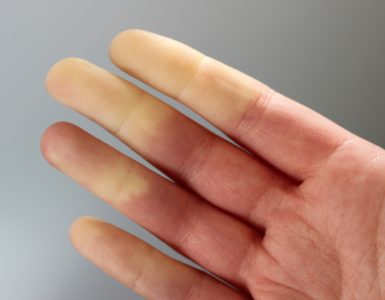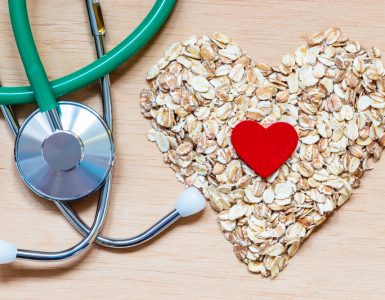(vaccinium myrtillus)
Botanical family: Ericaceae
Parts used: Dried ripe berries
Main active constituents: Catechins, tannins, flavonoids and anthocyanidins
Actions: Antioxidant, vasodilator, eye health
Good for: Inflammation of mucous membranes and mouth, vascular disorders and eyes
Available forms: Capsule, tablet, tea
Bilberry is a small deciduous shrub that is found in underbrush and barren fields throughout central and northern Europe, northern Asia and North America. They are closely related to blueberries, but produce single or paired berries on the bush instead of clusters as the blueberry does. Bilberry is dark in colour and usually appears nearly black with a slight shade of purple. The colour comes from diverse anthocyanins.
History of Bilberry Fruit
Bilberry fruit has been used in traditional European medicines for nearly 1,000 years. Traditionally, strong concoctions of the dried fruit have been used as a treatment for diarrhoea and dysentery. Bilberry preparations were also administered to help stop the flow of breast milk as well as to relieve scurvy. For these purposes, fruit were dried in the sun and eventually prepared as teas or syrups.
Current uses of Bilberry Fruit
CIRCULATION
Anthocyanidins have been demonstrated to protect the circulatory system, especially smaller blood vessels and inhibit platelet aggregation and thrombus formation. Preparations of the fruit have been used to treat microcirculatory disorders, including varicose veins, and venous insufficiency.
EYE HEALTH
Bilberry has been used to treat degenerative retinal conditions, such as macular degeneration, glaucoma and cataracts. Possible mechanisms of action include its ability to protect against the breakdown of rhodopsin (retinal purple), a light-sensitive pigment located in the rods of the retina, and its ability to regenerate rhodopsin.
It may also provide laser protection by decreasing the fragility and permeability of capillaries and prevents against visual dysfunctions, including those that are caused by impaired microcirculation, and diabetes mellitus.
MOUTH AND THROAT
Bilberry has a natural anti-inflammatory effect which appears to calm the mucous membranes in the mouth and throat where there is infection and irritation. The leaves can be applied topically to the inside of the mouth.
How to take Bilberry Fruit
You need to take 80-160mg of dried extract containing (25% anthocyanosides) a day.Bilberry can be taken with other supplements.
Bilberry can be taken continuously.
Try this
Bilberry is found in the Alive! range of multivitamins and minerals.








